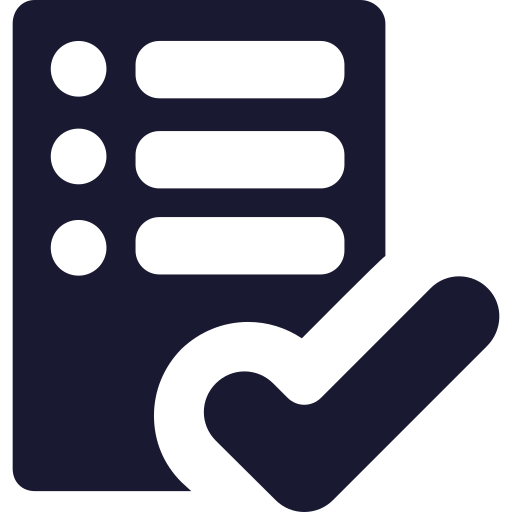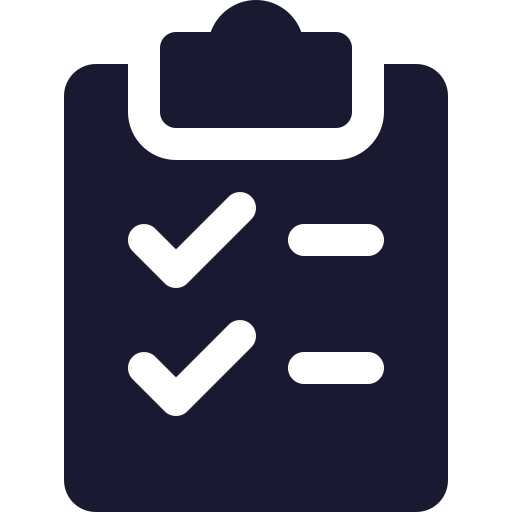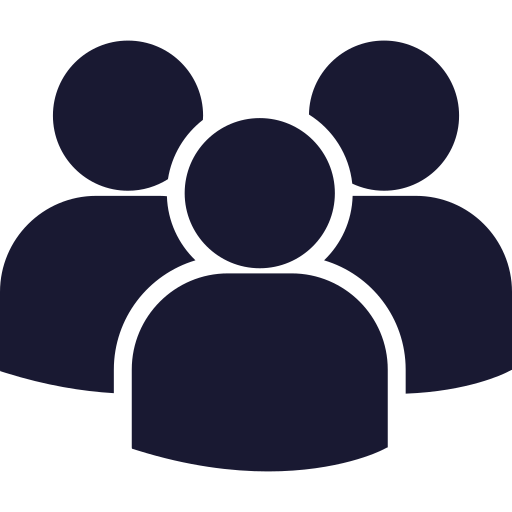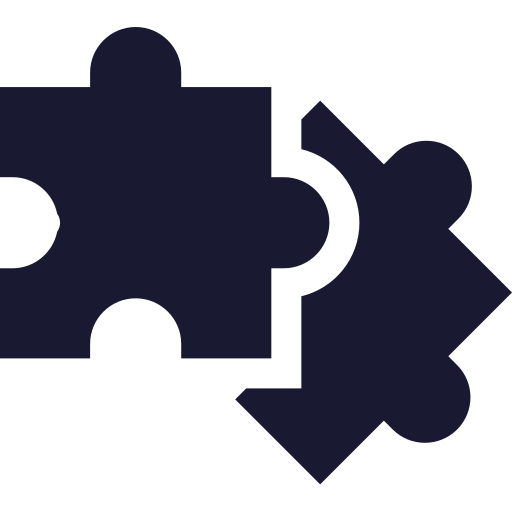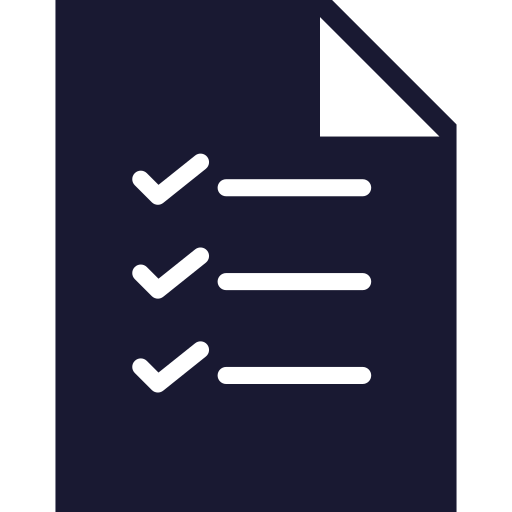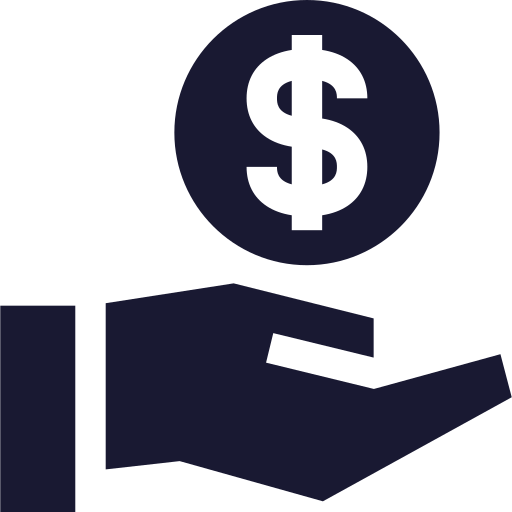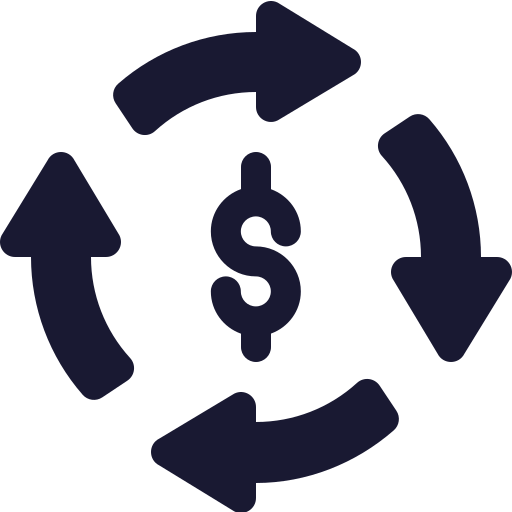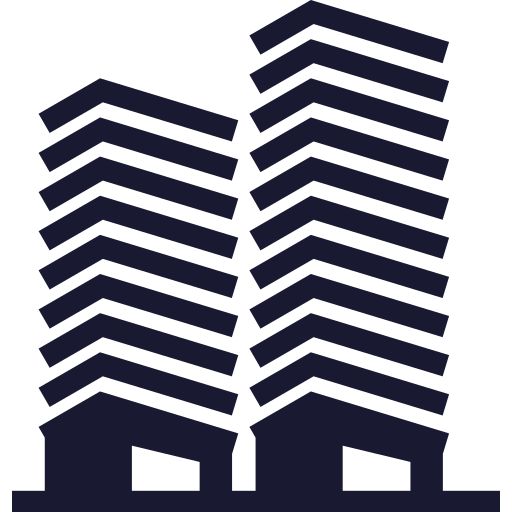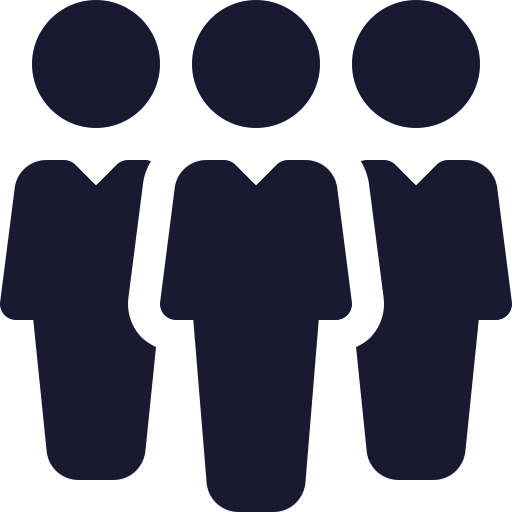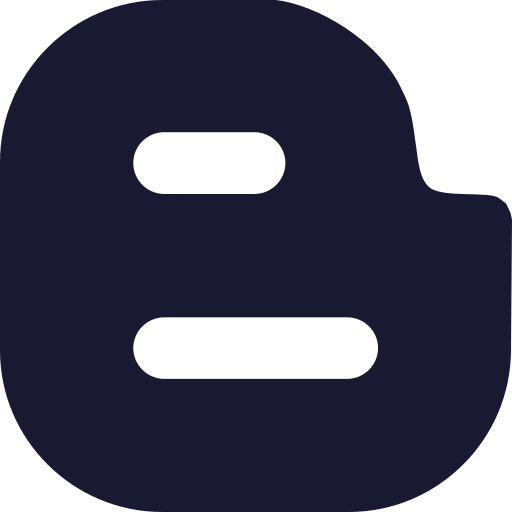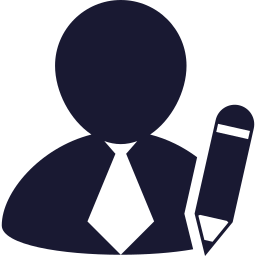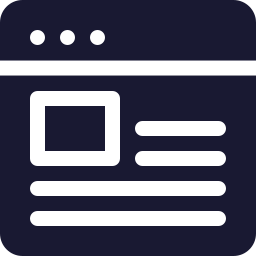“Can physicians who are tied to 9-5 shifts attain real financial freedom?” Finally, one of the most asked questions of all time has been answered. In this Q&A blog post interview, you will learn about Dr. Christopher Loo’s thoughts on financial freedom and how physicians can attain it in the long run. He will also share helpful tips and strategies based from his personal experiences. If you are a budding physician entrepreneur, this blog post will be helpful for you!
Christopher Loo, MD, PhD is a physician and author of How I Quit My Lucrative Medical Career and Achieved Financial Freedom Using Real Estate.
Initial Thoughts on Financial Freedom
On Background
1. Please tell us a bit about your personal story, growing up, and initial thoughts on attaining financial freedom.
- I grew up in Houston under humble circumstances. My parents were first generation immigrants. They pinned the family’s future economic prosperity on my brother and myself, encouraging us to pursue careers as medical doctors.
- I grew up in a predominantly Caucasian environment, so being of Asian descent, I was always the outsider. I experienced a lot of bullying, discrimination, dysfunction, and uncertainty growing up on numerous fronts, which forced me to develop my entrepreneurial skillset as a means of survival. Becoming entrepreneurial at such an early age allowed me to be able to hone these skill sets so that they became instinctive.
- A lot of my friends came from very wealthy families. I only had a roof over my head, food, bed, shower, and a desk for academic studies. That is where I fell in love with reading, learning, and continuous and never-ending self improvement. Simplicity.
- At an early age, I saw the power of what being financially free and independent meant. It meant that you had options and resources, and there was a moment when I realized there was no way that I would be successful under currently accepted paradigms (working under a corporation, bureaucracy, white collar, and 9-5 schedule) so I impressed upon myself that in order to succeed, I would never become dependent upon anyone or anything – nothing such as a job, government, corporation, pension, social security, etc. in order to ensure my future economic prosperity and success. That way, there was no one stopping me, except for myself. I would be 100% responsible and had to be able to create my own economic success and freedom.
- That led me to the following realizations:
- Always have multiple streams of passive income. Currently I have 8 to 9 sources of income, and that has really helped me to thrive and flourish post-2008 financial crisis, and now during COVID-19.
- Another realization is to always have passive income. Passive meaning that you get paid whether you work or not – not trading time for money, which is the greatest form of leverage I could find.
- Always, always, always have a plan B, C, D, and E. That way you could be prepared for almost anything unexpected or unplanned.
- I was a part of the MD-PhD program at the Baylor College of Medicine, getting my PhD in Bioengineering from Rice University. My real entrepreneurial ventures started out in real estate and stocks during my second year of medical school. I grew those to the point that when I was 29 years old (my last year of medical school), where I was able to generate enough income in order to live off that income and therefore not be dependent upon a job or a boss.
- Nevertheless, I was strongly encouraged to pursue the conventional route. I can recall going through the list of specialties and not being particularly enthusiastic or passionate about any of them, but settled on Orthopedic Surgery because that was the highest paying specialty, not because I was passionate about it.
- I matched into Orthopedic Surgery at Rutgers University in 2007. Starting from Day 1, my intuition told me I had made the wrong choice. It was the worst 2 years of my life, but I learned a lot of priceless valuable lessons that have helped me survive and thrive as an entrepreneur 12 years later.
- The key fact was that I was not in control of my time, money or my life. I found that I could make more in a week working for myself than from an entire month working on a resident’s salary. I was able to work more efficiently and effectively and be 10x healthier and happier, which was more sustainable in the long run. Short term loss for a long term gain.
- So in September 2008 (the day that Lehman Brothers filed for bankruptcy), I listened to my intuition, took a leap of faith, walked into my chairman’s office, turned in my keys, badge, and pager. I have never looked back from that day, and as they say the rest is history.
- From 2008 to 2016, I invested in single family condominiums, and by my mid-30s, I had achieved a level of financial freedom and security, such that I would never need to work again or for anyone, if I didn’t want to.
- I use this story to inspire and motivate other clients because all of them can do the same. It’s about having the right mindset, desire, hunger, a willingness to take a leap of faith, and 100% commitment to creating the life of your dreams.
- I took a year off in 2016 – traveling throughout Europe and Southeast Asia doing a lot of soul searching, finally returning to the States in 2017.
- I launched my freelance consulting company in 2017 and now I’m an advisor to an early stage AI-based healthcare startup. I am also a digital creator being a 4x Amazon author, keynote speaker, appearing on top physician influencer platforms. My recent Kevin MD article on “How COVID-19 is forcing physicians to rethink the concept of job security”, got over 2000 shares. I’m set to take the TEDx stage in October 2020.
- During COVID-19, with everything going virtual, I have appeared on numerous health professional influencer summits including Peter Kim’s Passive IncomeMD 2020 Leverage and Growth Summit, and gave my first international keynote in Scotland. I also launched my first two digital programs on financial freedom, as well as my Summer Monthly Bootcamp Mastermind Series. I have a growing private FB Group called Financial Freedom For Physicians.
2. What made you develop interest in financial freedom? Motivating factors? Did you pursue any formal financial education/training that focuses on financial freedom? If so, what was it?
- The motivating factor for me was that I knew I wouldn’t be able to make it under the corporate bureaucratic white collar CEO 9-5 paradigm – this just didn’t float my boat. So my main motivating factor was to have as much economic success and certainty as I possibly could using my own skill set and talents and depend upon no one. A lot of it was that entrepreneurial survival instinct that I honed at an early age in order to survive.
- A lot of clients ask me what books they can read to become an entrepreneur. I tell them that you can’t learn entrepreneurship from a book. You have to go out there, be constantly taking action in your space, having mentorship, guidance, be constantly reading, and studying.
- In today’s time, information and knowledge is a commodity. We have to be able to acquire it easily and quickly, think about it, assimilate it, organize it in a way that is empowering and then apply it in a goal-directed fashion. That is the key to success in today’s knowledge economy.
- As physicians, we’re so used to hitting the books and taking exams and following the straight path, but becoming an entrepreneur is different in the fact that there’s infinite pathways to success, and there are no guarantees.
3. About Your Book: ‘How I Quit My Lucrative Medical Career and Achieved Financial Freedom Using Real Estate’. What is your book’s unique value proposition? What motivated you to write about it?
- I wrote my book for a number of reasons.
- Everybody has a book in them. To share my story.
- The challenge and learning how to come up with an idea, and get it out there in print format.
- I found that as my popularity and brand grew, so many people were reaching out to me asking me about my story, asking for advice and encouragement, so it was a better way to leverage my time. I wouldn’t have to repeat myself over and over.
- Another reason was to build my brand. When you write a book it enhances your brand and I’ve leveraged my 1st book into 4 other books.
- I receive royalties from all of my book sales and donate them to various charitable causes, which is a great way to generate passive income and give back. For clients that sign up into my coaching, mastermind programs, I ship them autographed books to them free of charge.
- I also use the feedback from readers to improve on my future creative endeavours.
- Last reason was really to motivate, inspire, and share my story. Again, I came from very humble beginnings, and nowhere in my entire life would I have thought about that I would be in this position of influencing, coaching physicians, and speaking on the TEDx stage. To be able to reach an audience segment who feel trapped in their careers is a very empowering reason for me.
4. Generally, how do you help people in the US attain financial freedom in the long-term? Do you provide any services, courses, coaching, etc?
- In order of increasing cost:
- Free – YouTube Channel (Christopher H. Loo, MD-PhD), Private FB Group – Financial Freedom for Physicians
- Multiple guest podcast episodes, and blog posts
- My 4 books on Amazon –
- Online digital programs and products –
- Monthly Bootcamp Mastermind series – just finished up a month-long Consulting Bootcamp – over 40% of clients landed their first client without requiring prior experience.
- Speaking engagements
- Private 1-on-1 coaching.
Journey Towards Attaining Financial Freedom
Challenges and Milestones in Your Journey Towards Financial Freedom
5. What are some of the mistakes you made in your journey towards financial freedom? If you had to redo the whole journey, what would you do differently?
- A lot of people pushed me to stay on the conventional route, and to continue
- practicing medicine. I suffered from fear of criticism, and let what other people thought
- and said about me, hold me back.
- It was a complete waste of time and energy. I didn’t realize that most people are in their own heads and only care about themselves and that you’re the last thing on their mind. So I stopped looking to others for approval and that’s when I blossomed and really started to come into my own. Coincidentally, that is when my business career started to take off, after I let go of all of the attachments.
- I really wasted 8 years of my life when I could’ve just finished medical school and fully focused on growing my company and brand rather than toil around trying to fit into the status quo, being lost, miserable, and confused for 2-3 years.
- If I had to redo my whole journey, I’d tell my clients going to Baylor-Rice and doing the MD-PhD program were the 7 best years of my life.
- I, however, would not pursue a residency. Instead, I would consider pursuing a career in finance, marketing-sales, or get an MBA. I would also try and do things that are more dynamic and exciting such as that seen in the technology-related sectors. So I think going to medical/graduate school really stimulated me and challenged me, but I would do things that were more innovative and have more potential to make a creative impact in our world today.
- One of the biggest mistakes I notice in physicians is fear – which manifests itself as procrastination, perfectionism, imposter’s syndrome. What this looks like is that you’ll hear excuses such as,
- “I need more training”.
- “I need more practice”.
- “I need to listen to more podcasts”.
- “I need a degree for that”.
- “I need to go back to school for that.”
- “I need to read more books”.
- “I need to enroll in more courses”.
- There will never be a right moment or perfect time. It’s like skydiving or bungee jumping. You have to take action. You just have to take the first plunge, and see what’s on the other side of the fear in order to grow and fully experience life.
- Another huge mistake I see in many of my clients is that they see themselves as failures and unqualified outside of the clinical realm, when they have had this fantastic clinical training, specialization, and all of these degrees from world-renown institutions. For those clients, I have to reinforce to them over and over that they’re overqualified. They just have to think differently, think smarter, and work differently.
6. Share a few very milestones you achieved in your journey towards financial freedom.
- It started on 9/11 in 2001 when the world changed. After that, I started to really prepare for my future because I started to see that the world was becoming increasingly unpredictable and unstable. So that’s when I started educating myself in business. I started my company in 2002.
- Another milestone was in 2006 when I was making enough passive income per month in order to cover all of my expenses, plus have additional savings and this was during my final year in medical school. I wouldn’t need to work for anybody or need a job, if I could grow, scale, and automate my company.
- The third milestone was in 2016 was when I was able to achieve financial independence / early retirement in my mid-30s. That was when I achieved my financial goals 20+ years ahead of schedule, and that was when I was able to sit down with myself, take a long hard look at my life, and contemplate what I really wanted to do to take my life to the next level, and to be able to contribute to future generations after my time here was complete. I took an entire year off, to travel the globe, to live life on my own terms and do a lot of soul searching and contemplation.
- In 2019, I grew my company to an annual revenue of 7 figures last year, which was a really cool feeling. I aim to scale it to 8-9 figures in the next 10 years, but that will take a lot of work.
- 2020 – COVID-19 was a blessing in disguise. It disrupted 2 of my income streams, but as a result, generated more potential future revenue sources, and has accelerated as a lot of my business models, which are pivoting more and more into the digital and virtual space. It also tested the robustness of my company, so all of the hard work that I put into it from 2008 onwards has really stood the test of time.
The Key to Attaining Financial Freedom
Take Advantage of Real Estate Investments to Attain Financial Freedom
7. Could you give us an overview of the nature of real estate projects you are looking at currently (multifamily vs strip mall vs storage vs single family etc.)? How are the current real estate market trends impacting your investment decisions?
8. Generally, what are the key factors you consider when looking into real estate market trends?
9. What are some of the mistakes you made when you were still starting out in real estate? If you had to redo the whole journey, what would you do differently?
10. Please share with us a few special milestones you achieved in your real estate businesses.
11. How do you see the real estate market trends evolving over the next 5-10 years? (types of real estate asset classes that might perform well, ability to withstand a market downturn, chances for higher cash flow and appreciation etc)
- I focus 100% on single family condominiums. Buy and hold. That is my bread and butter strategy. It is a slow investment strategy. I market my properties mostly on the AirBNB platform. I love the customer experience and the interaction.
- In 2016, after achieving F.I.R.E. status from real estate and stocks, I put 90% of my investments on autopilot. And now I’m 100% focused on building my career as a digital creator within my consulting company.
- I bought my last property in 2018 – complete renovation. And now, I’m waiting to see where the market is headed after this year’s election, and after seeing how COVID-19 will affect the housing market.
- My plan and strategy is a bread-and-butter strategy, a long-term one, and is more for cash flow, capital preservation, and tax advantages. Other physician real estate investors are looking to leverage their capital and time, so they go into bigger types of commercial and apartment deals with other investors. In 2020, there are more advanced strategies and platforms that allow physicians to leverage their time and money much more quickly and efficiently that don’t require them to be landlords – including private equity and real estate syndications. I caution, however, that one must do their due diligence, as there are a lot of bad apples out there.
- I focus on fundamentals such as cash-on-cash return, what is the cap rate, does the property follow the 1% rule, and are there any areas that are undervalued where I can go in, make improvements, and significantly increase the cash flow and overall value of the property. All of my properties have great management. If the numbers fit and the fundamentals are right, then it works.
- I can’t speak for commercial real estate, apartment buildings, multi-family investing, and land development as that’s not my area of expertise. However, Peter Kim, MD (Passive Income MD) and Kenji Asakura, MD and Letizia Alto, MD (Semi-Retired MD) are avid real estate investors, and I would refer that question to them, as they have more experience in those areas. Also Eric Tait, MD, MBA has a lot of interesting thoughts and ideas where the real estate market is headed.
- I personally invested in Kenji and Letizia’s real estate Winter Course in 2019 to see what other successful investors were doing differently, and to network with other like minded individuals, and learned a ton.
- As an investor, you’re going to make mistakes, just make sure that they’re not too costly in terms of time and money. You have to keep taking action. The deal is all in the numbers. I wouldn’t do anything differently. I learned a lot, though, and that adds to my experience. I like my strategy. It fits my goals and aspirations. It was great to see my two investment properties grow to my current portfolio size, and how it all came via a step-by-step process over the years. My strategy could be more efficient and more effective, looking at it from more of a bird’s-eye perspective, though, but like I said, my primary focus has shifted from achieving my financial freedom, independence and retiring early to leaving a legacy and making an impact on other people’s lives through my consulting company.
Favorites
12. Favorite book that talks about financial freedom
- One of the books that really shaped me was Rich Dad Poor Dad. This book taught me to distinguish between trading my time for money versus really thinking smarter or working smarter.
- Another book that changed my life was Multiple Streams of Income – this book taught me to always have multiple streams of passive income so that if one stream dried up, you would have other streams of income. Pre-COVID-19, I had 10 streams of income, but because of the travel restrictions, one of the income streams dried up, but I still had 8-9 income streams coming in, so I was fine. I’m currently developing 3 additional revenue streams as a result of this pandemic. I’m always thinking about different ways to create additional revenue sources.
- Another book that shaped my life was Getting Started with Options. This book opened my eyes on how you can use options to augment, protect, and hedge your stock portfolio for cash flow, wealth generation, wealth protection, and financial independence.
13. As someone who values financial freedom, what is your favorite financial investment vehicle and why? (Stocks vs. Real estate vs. Rare metals vs. Angel investing, etc.)
- I got my financial freedom through stocks and real estate. These two vehicles taught me how to become a better investor and entrepreneur. There are positive and negative aspects to each one.
- The thing that I don’t like about real estate is that it’s extremely time extensive and capital extensive. So if you’re going to do real estate, you’ll have to be 100% committed. There are tons of physicians doing real estate full-time currently. Real estate has tons of advantages for physicians including wealth preservation, asset appreciation, and tax advantages, so it’s important for physicians to hold real estate as a component of their overall portfolio. Despite the headaches, real estate and equities have saved me countless times early on in my career, so that’s why it’s important to have multiple streams of income outside of your job.
- Stocks are great right now because you’re dealing with paper assets, but you’re investing in real, tangible companies. If you’re in it for the long term, learning how to value equities is a simple, proven, time-tested strategy for creating wealth. It’s a process, and you have to stick with it – good times and bad. The problem is that people get caught up in all of the trading and volatility, forget about fundamental, and they end up buying high and selling low. They hold onto losing investments, and sell their winners too early, missing out on all of the potential growth. It’s all about sticking to a system, and dollar-cost averaging. In the long run, this will play out to your benefit.
- Now that I have my financial independence and freedom, my business plans are always changing, so now I am focused on creating and maximizing high margin, low overhead, high potential businesses in the online realms through digital content creation.
- For precious metals, I’ve always held gold and silver as a hedge against inflation, political unrest, and international uncertainty. Right now interest rates are all-time low and gold is an all-time high. I have also divested into digital currencies since 2010.
14. Favorite bloggers that have the same passion as you when it comes to financial freedom
- I follow and have appeared on all of their podcasts:
- Peter Kim, MD
- David Draghinas, MD
- Andrew Tisser, MD
- Mike Woo-Ming, MD
- Maiysha Claiborne, MD
- Charmaine Gregory, MD
- John Jurica, MD
- Leti and Kenji Asakura, MD
- James Dahle, MD (White Coat Investor)
- Kevin Pho, MD (KevinMD)
- Others:
- James Turner, MD
- Nii Darko, DO
- ZDogg, MD
- Lewis Howes
- Tim Ferriss
- And tons of others. There are more and more physician social media influencers each day, just find who you resonate with, and what medium and platform resonates with you where you can go to find great content.
15. Favorite quote
- Two roads diverged in a wood, and I — I took the one less traveled by, and that has made all the difference. – Robert Frost.
Final Thoughts on How to Attain Financial Freedom in the Long-Term
16. Many physicians find it hard to start working on their financial goals. As someone in the finance industry, what do you think people should first do when they are starting out with their journey towards financial freedom? Any tips and/or strategies you highly recommend?
- Education. See question #4 – for a list of resources from free to increasing price.
- Get a mentor, and a guide. Knowledge and information is a commodity. You need someone with experience and proven track record for success. Invest in a course, program, or coaching. If you try and do it alone, all by yourself, you can try, but it will cost more time and struggle in the long run. I’ve seen clients struggle for years because they didn’t think that they needed a guide compared to those who invested in themselves. That has been my experience.
- I want to emphasize the fact that I grew up on the cusp of the GenX and Millennials. Back then, I grew up under Industrial Age principles, and the key to financial independence and financial freedom was to get a high-paying job. In today’s Information Age, the way money works in order to become financially free and independent, you have to become smarter and think outside the box, do things differently, have side hustles, and become an investor or entrepreneur.
- I’ve seen a lot of my clients struggle because they have the inability to adopt these new mindsets, but I can tell you in today’s age, you will neither get rich nor you’ll become financially free working for someone else or company for 40-50 years at a traditional 9-5 job. That paradigm will make your boss and company rich, but it won’t make you rich. The reason why is because there is simply no scale in trading away your time for a paycheck.
Conclusion | Attaining Financial Freedom
17. This is an open ended question. Please feel free to share your closing thoughts.
- Always follow your intuition. I’ve always listened to my intuition even in the face of great opposition, or when my back was against the wall, and all the odds were against me, and it’s always brought me out on top. There hasn’t been a single instance when my intuition has failed me. So trust your instincts.
18. For physicians who are looking for great resources on financial freedom – What is the best way for them to get in touch with you?
- email – ChristopherLooMDPhD@Gmail.com
- www.linktree/drchrisloomdphd – that is all of my resources.
Here at PhysicianEstate, we welcome all physician entrepreneurs to learn about commercial real estate investments, rental property investments, and wealth generation. We encourage all physicians to eventually become real estate physician investors. We know a great deal about Who – What – Why – How.
Stay in touch with us by signing up for our newsletter. The newsletter will keep you up to speed on the current real estate investments we are looking at, provide physicians with investment opportunities, and much more.
Legal Disclaimer: This is not investment advice. I am not a legal and/or investment advisor. This is my personal blog, and all information found here, including any ideas, opinions, views, predictions, forecasts, commentaries, suggestions, or stock picks, expressed or implied herein, are for informational, entertainment or educational purposes only and should not be construed as personal investment advice. These are my views, it is not a production of my employer, nor is it affiliated with any broker/dealer or registered investment advisor. While the information provided is believed to be accurate, it may include errors or inaccuracies. To the maximum extent permitted by law, PhysicianEstate disclaims any and all liability in the event any information, commentary, analysis, opinions, advice and/or recommendations prove to be inaccurate, incomplete or unreliable, or result in any investment or other losses. You should consult with an attorney or other professional to determine what may be best for your individual needs. Your use of the information on the website or materials linked from the Web is at your own risk.

